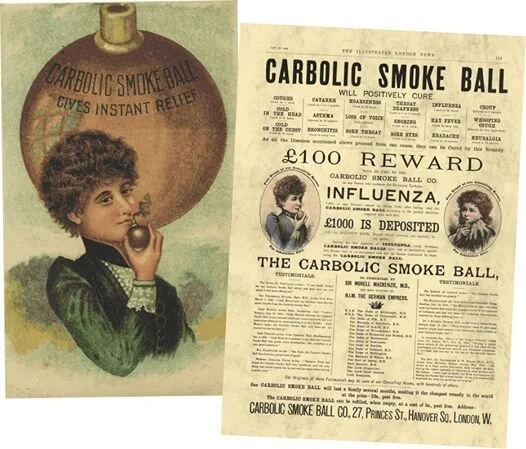The Concept
When we hear the word ‘contract’, we generally think of a contract between two persons where an offer is made by one and accepted by another. ‘A’ entering a contract with ‘B’ to sell his car for a consideration is a very common example of such a contract.
Though all contracts have the element of offer and acceptance, this is not the only type of contract that may exist. The way in which an offer is made and the way in which it is accepted may change the nature of a contract. One such type of contract is a unilateral contract which is born out of a unilateral offer.
A unilateral offer is an offer made to the world at large. Such an offer does not require a specific notification of acceptance. Acceptance is deemed to occur, when a specific condition attached to the said offer is performed. Such performance is treated as consideration for the promise made in the offer.
For instance, an advertisement is a unilateral offer to the world at large. It may have certain conditions attached to the same, if you go ahead and fulfill those conditions, such fulfilment would constitute a sufficient acceptance and a valid contract may be formed.
Consideration is yet another element which needs to be present in a valid contract. In case of a unilateral offer, the performance of the conditions attached to the same, would constitute consideration.
Now let us see what the landmark decision of Carlill v. Carbolic Smoke Ball Company held with respect to unilateral offer.
Facts
The Carbolic Smoke Ball Company of London, the Defendant in this case, published an advertisement in various newspapers on November 13, 1891. The advertisement stated that its product, “The Carbolic Smoke Ball”, when used three times daily, for two weeks, would prevent cold and influenza.
In order to sound genuine, the Carbolic Smoke Ball Company also offered a reward of 100£ to anyone who caught influenza using their product. In order to show that they were sincere about this reward, they further stated that they have even deposited 1000£ in the bank.
The Plaintiff, Mrs Carlill bought a smoke ball and used it as directed. Despite using it in the manner as was stated in the advertisement, she caught the flu. She asked the promised amount of money from the Defendant Company. When they refused to pay, she brought a case against them.
Issue
Whether it can be concluded from the wording of the advertisement that it was meant to be an express promise, or was it just a sales pitch which had no meaning whatsoever?
Arguments by the Plaintiff
- The advertisement amounted to an offer. Merely performing the acts as stated in the advertisement constitute acceptance. There was no requirement to communicate acceptance separately.
- The promise was not vague but very specific and not in the form of a wager.
Arguments by the Defendant
- There was no binding contract with the customer as there was no offer and acceptance, which are essential elements of a contract.
- The words may express an intention but do not amount to a promise.
- The advertisement was too vague to form the basis of a contract. There was no time limit and no way of disproving someone who claimed that they have actually used the ball in the manner put forth in the advertisement.
- A contract requires communication of intention to accept the offer or performance of some overt act, there was no communication of acceptance here.
- Even if this is a contract, it is a wagering contract (a contract which is dependent upon an event beyond the control of the parties). Such contracts are void in nature and hence, even if a contract has been formed in the present case, it would be void on the basis of the same being a wagering contract.
Judgment
The Hon’ble court held that there was a fully binding contract for £100 with Mrs. Carlill. This decision was based on following reasoning:
- The wording of the advertisement (Promise to pay 100£ as reward to someone who contracted influenza despite using the ball in the stated manner; deposit of 1000£ in the bank to reflect sincerity) shows that it was a promise and it was binding upon anyone who agreed to perform the conditions stated in the advertisement.
- The language of the advertisement and the fact that this was an offer made at large did not show the intention that the offeror required a notification of the acceptance apart from the notification of the performance.
- The language of the advertisement was not too vague, as alleged by the Defendant. The judges rejected the contention that it was a wagering contract.
- The usage of the ball in accordance with the directions as contained in the advertisement, constituted consideration.
Reflective question
Would the decision have been different, if the Plaintiff had not used the smoke ball in the manner stated in the advertisement?



